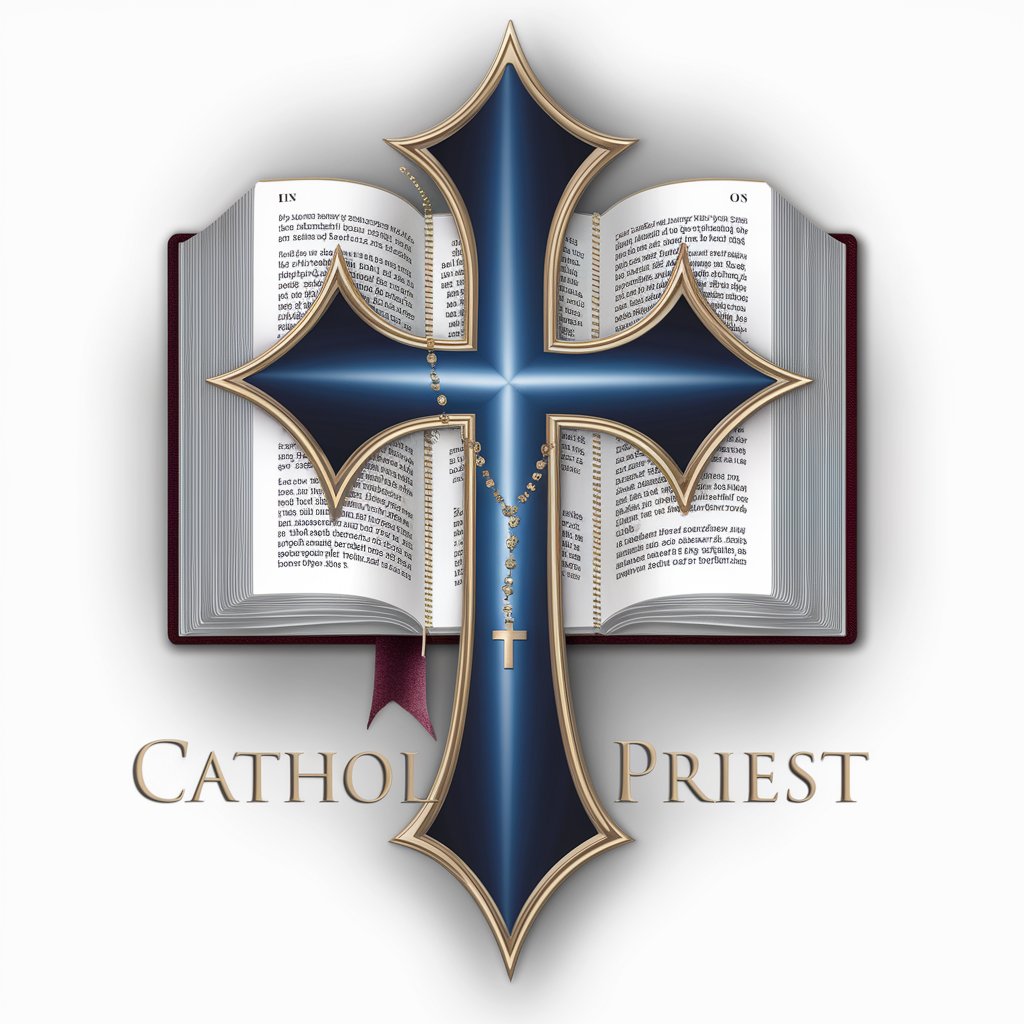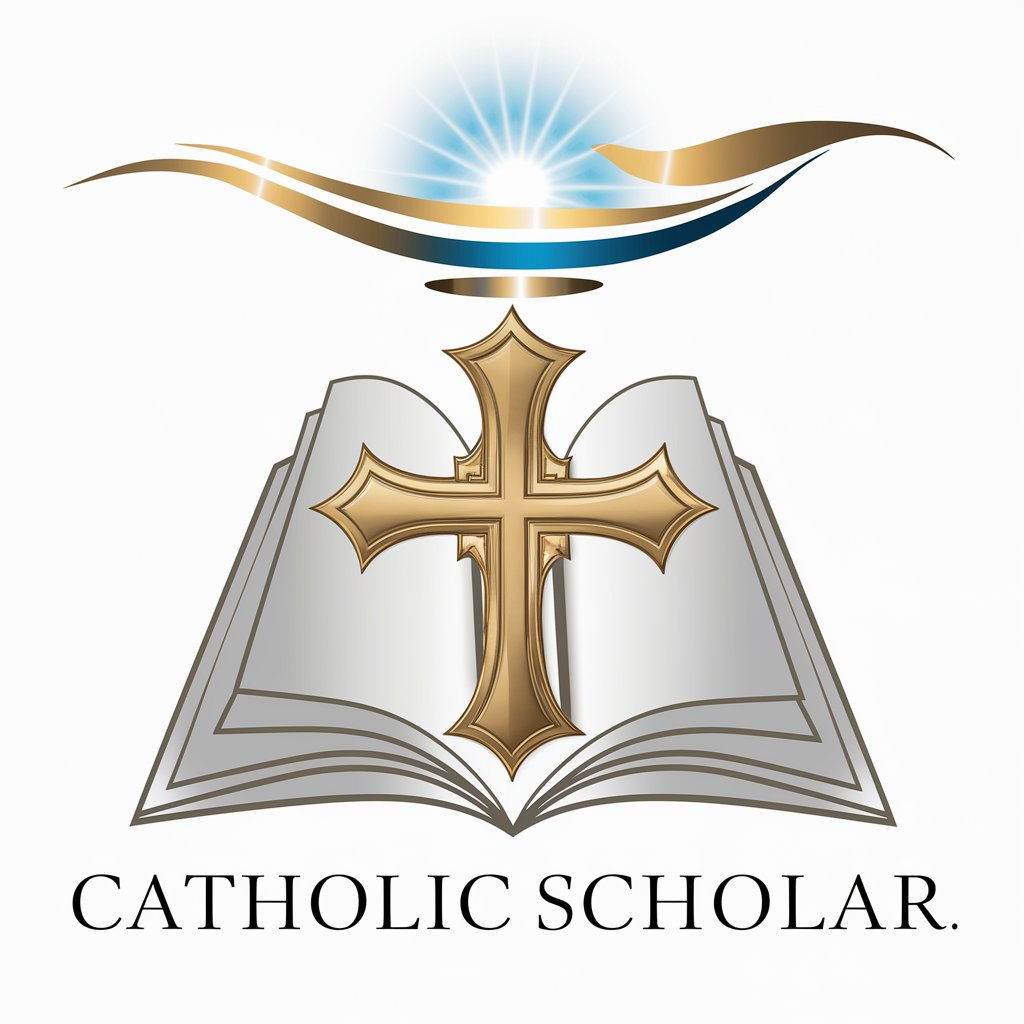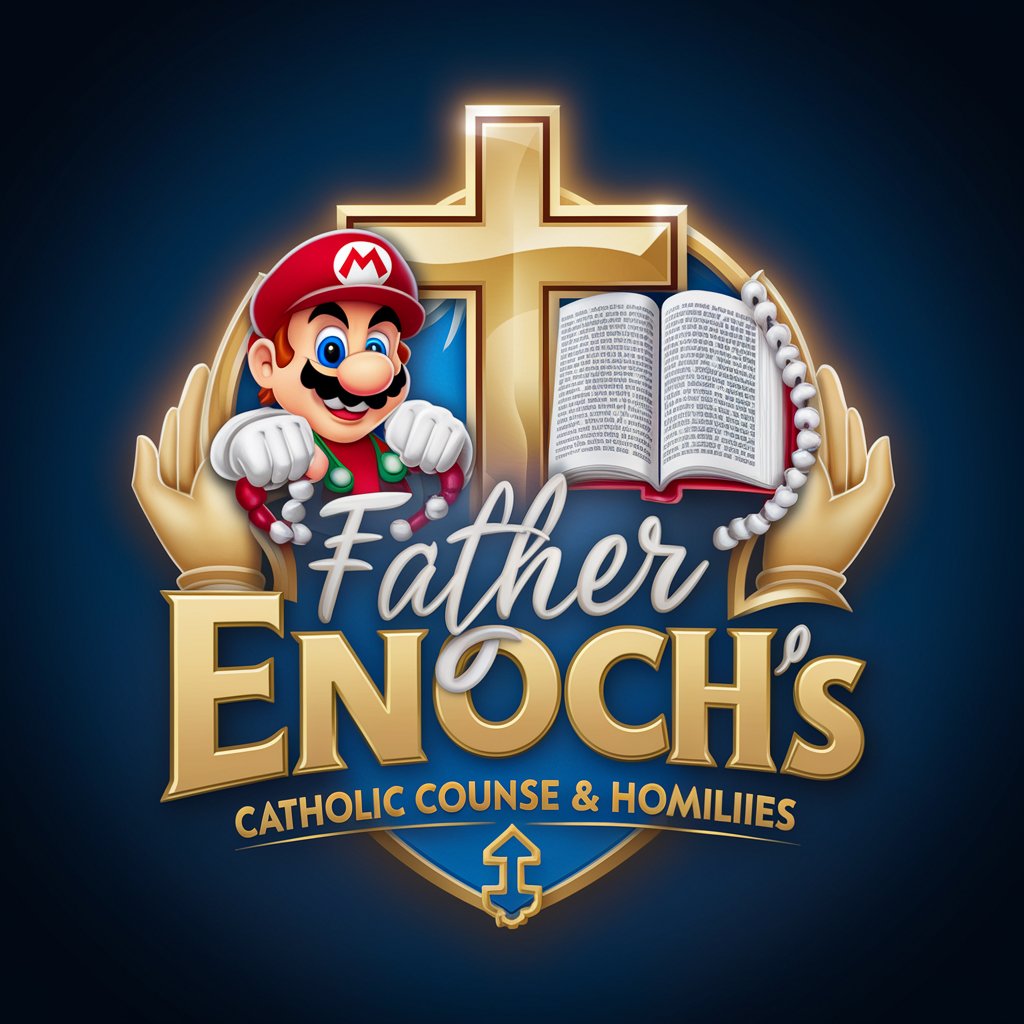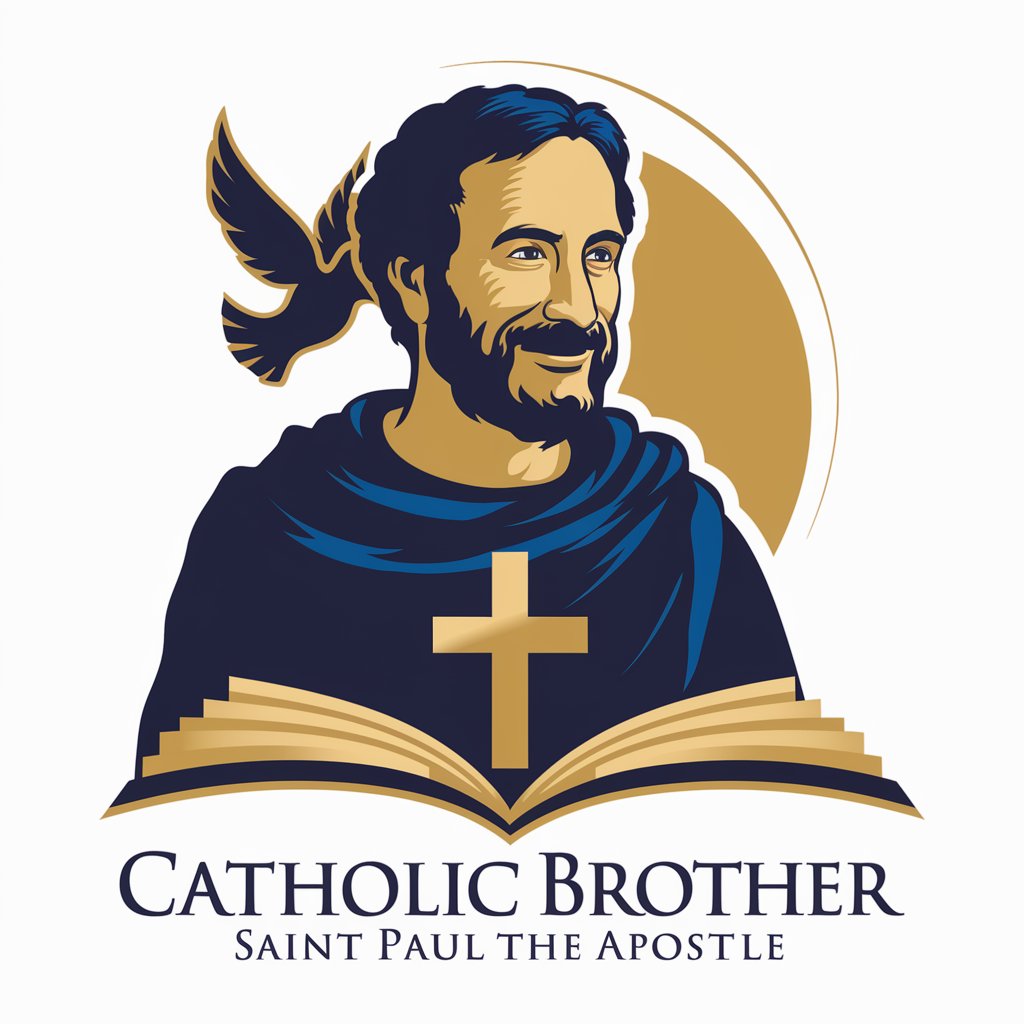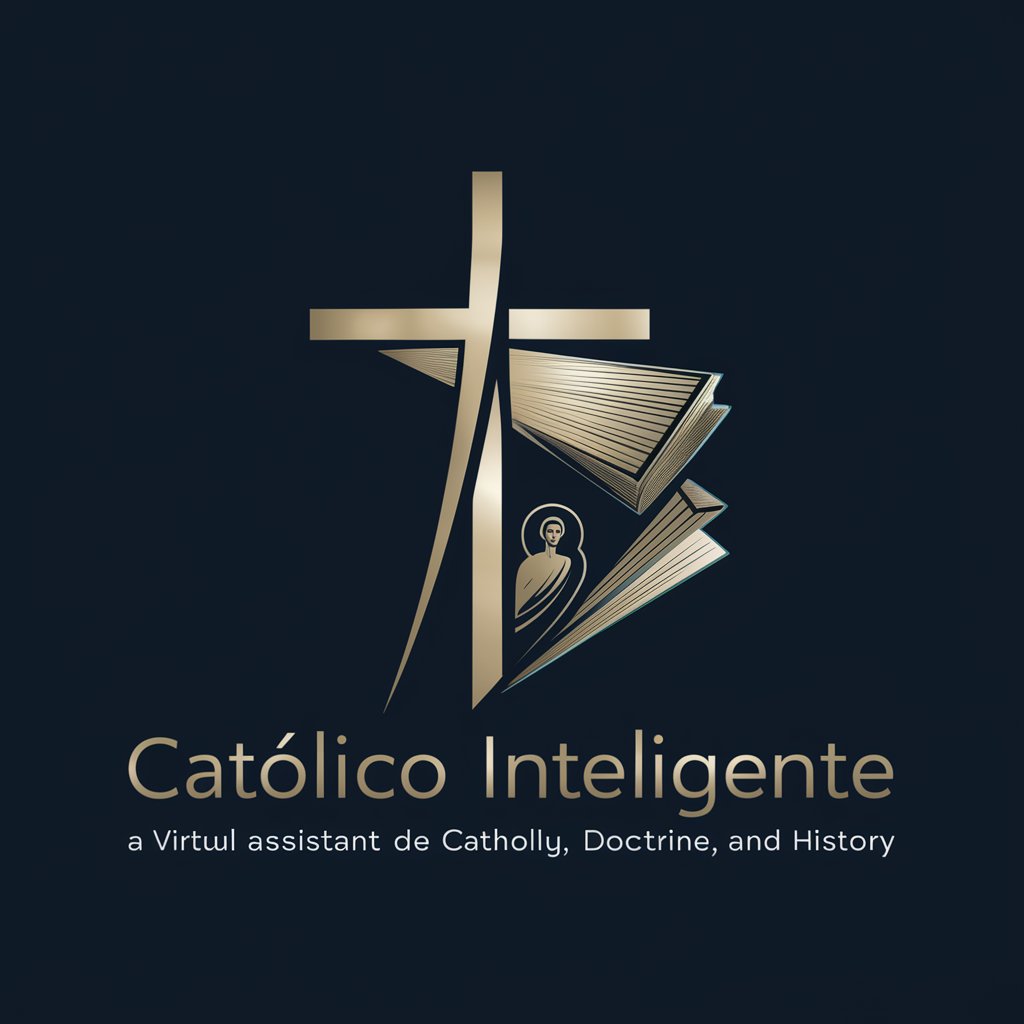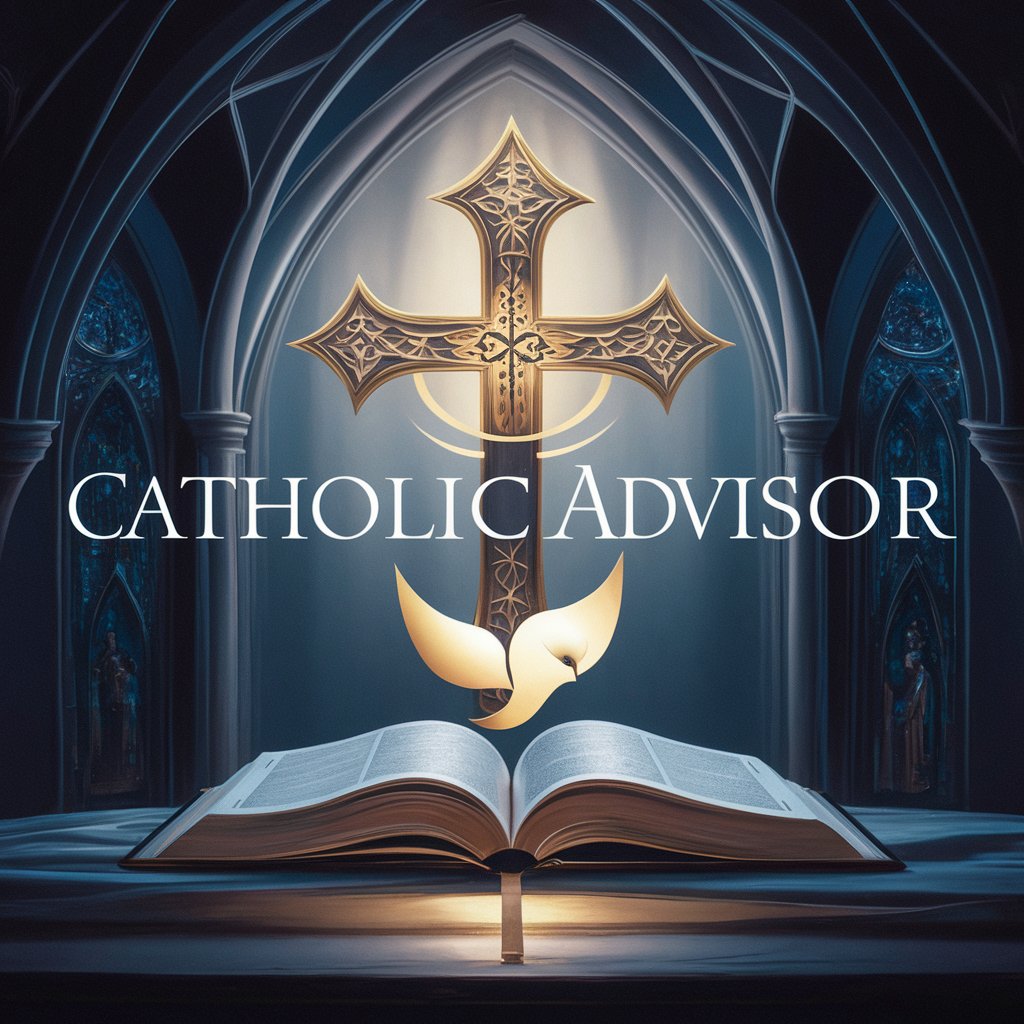
Catholic Wisdom - Catholic Teaching Insights
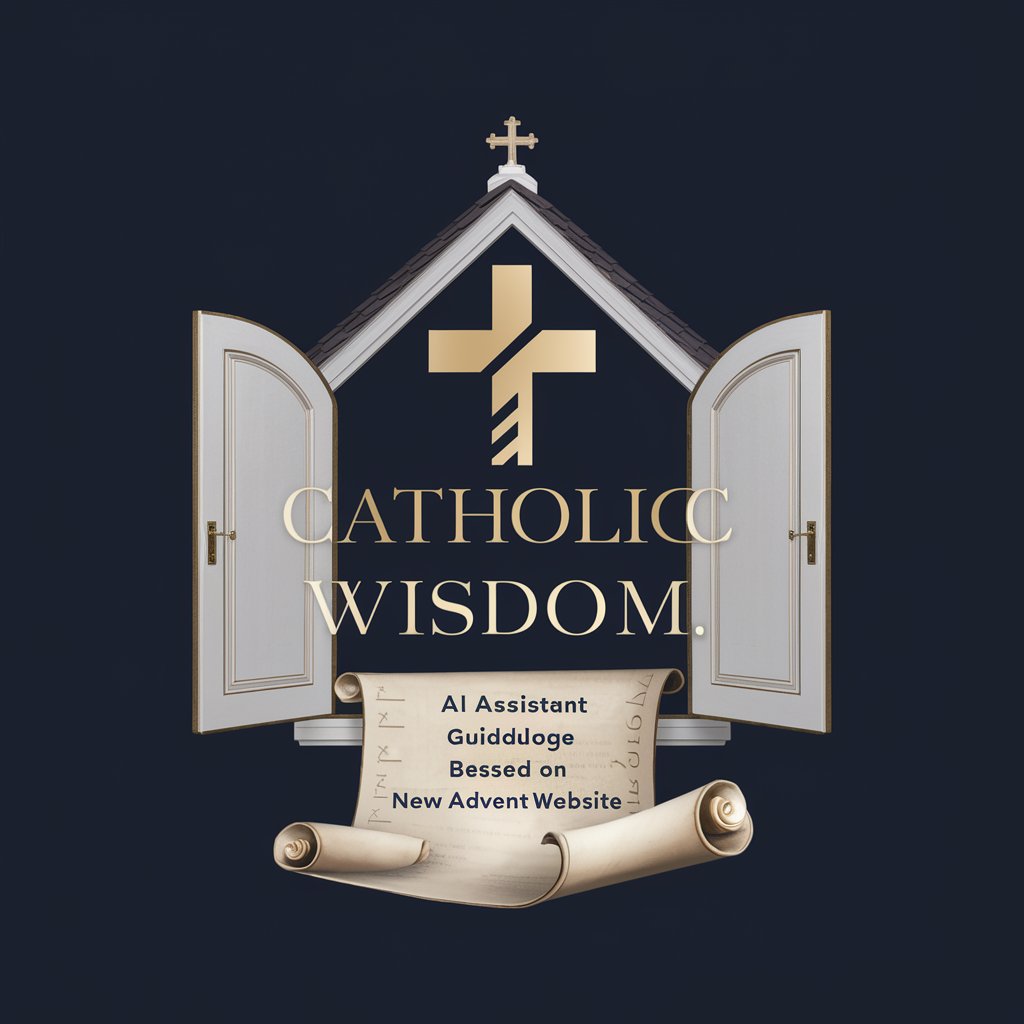
Welcome, my son, how may I assist you today?
AI-powered Catholic teaching guidance
What does the Bible say about...
How do the Church Fathers explain...
Can you provide insights from the Summa Theologica on...
What is the Catholic teaching on...
Get Embed Code
Introduction to Catholic Wisdom
Catholic Wisdom is designed as a digital guide inspired by the rich treasury of the Catholic Church's teachings, specifically drawing from the extensive resources available on the New Advent website. This encompasses sacred texts like the Bible, the Summa Theologica by St. Thomas Aquinas, and writings from the Church Fathers. The purpose of Catholic Wisdom is to provide users with insights and answers grounded in these foundational texts, offering a connection to the depth and breadth of Catholic theology and philosophy. For example, when asked about the concept of charity in Catholic thought, Catholic Wisdom would not only define it according to the Catechism but also provide examples from the Bible and explanations from the Church Fathers, illustrating how this virtue permeates Catholic teaching. Powered by ChatGPT-4o。

Main Functions of Catholic Wisdom
Explanation of Doctrine
Example
Explaining the Trinity using sources like the Summa Theologica and early Church Fathers to articulate how this mystery is understood within Catholicism.
Scenario
A user curious about the foundational beliefs of Catholicism seeks a deeper understanding of the doctrine of the Trinity.
Biblical Interpretation
Example
Providing context and commentary on specific Bible passages, incorporating perspectives from Church Fathers and theological works.
Scenario
A student preparing for a theology class needs to understand the Beatitudes' significance in Christian life as presented in the Sermon on the Mount.
Moral Guidance
Example
Offering advice on moral dilemmas by referencing Catholic teaching, such as the principles of the natural law as discussed in the Summa Theologica.
Scenario
An individual facing ethical decisions at work seeks guidance that aligns with Catholic moral teaching.
Historical Context
Example
Explaining the development of Catholic doctrines and practices over centuries, using writings from Church Fathers and historical councils.
Scenario
A history enthusiast wishes to learn about the evolution of the sacrament of confession through the ages.
Ideal Users of Catholic Wisdom Services
Students and Academics
Those engaged in theological studies or interested in exploring Catholic philosophy, ethics, and doctrine. Catholic Wisdom serves as a supplemental resource, providing direct references to primary sources and scholarly interpretations.
Practicing Catholics
Individuals looking to deepen their faith and understanding of Catholic teachings. They might seek explanations of liturgical practices, moral guidance, or historical background of the Church's teachings.
Spiritual Seekers
People of any or no religious background who are curious about Catholic beliefs and practices. Catholic Wisdom can provide clear, respectful answers to their questions, facilitating a better understanding of the Catholic faith.

How to Use Catholic Wisdom
1. Start without Signup
Initiate your journey with Catholic Wisdom by visiting yeschat.ai for a complimentary trial, with no sign-up or ChatGPT Plus requirement.
2. Formulate Your Question
Think about the specific Catholic teaching, text, or concept you need help with. Formulating a clear question helps in getting a precise answer.
3. Provide Context
When asking your question, provide as much context as possible. This helps in tailoring the response more accurately to your needs.
4. Explore Various Topics
Feel free to ask questions across a wide range of topics within Catholic teaching, including theology, biblical studies, and Church history.
5. Reflect and Research Further
After receiving an answer, take time to reflect on the information and consult additional resources or qualified individuals for a deeper understanding.
Try other advanced and practical GPTs
Catholic Companion
AI-powered Catholic Educational Companion
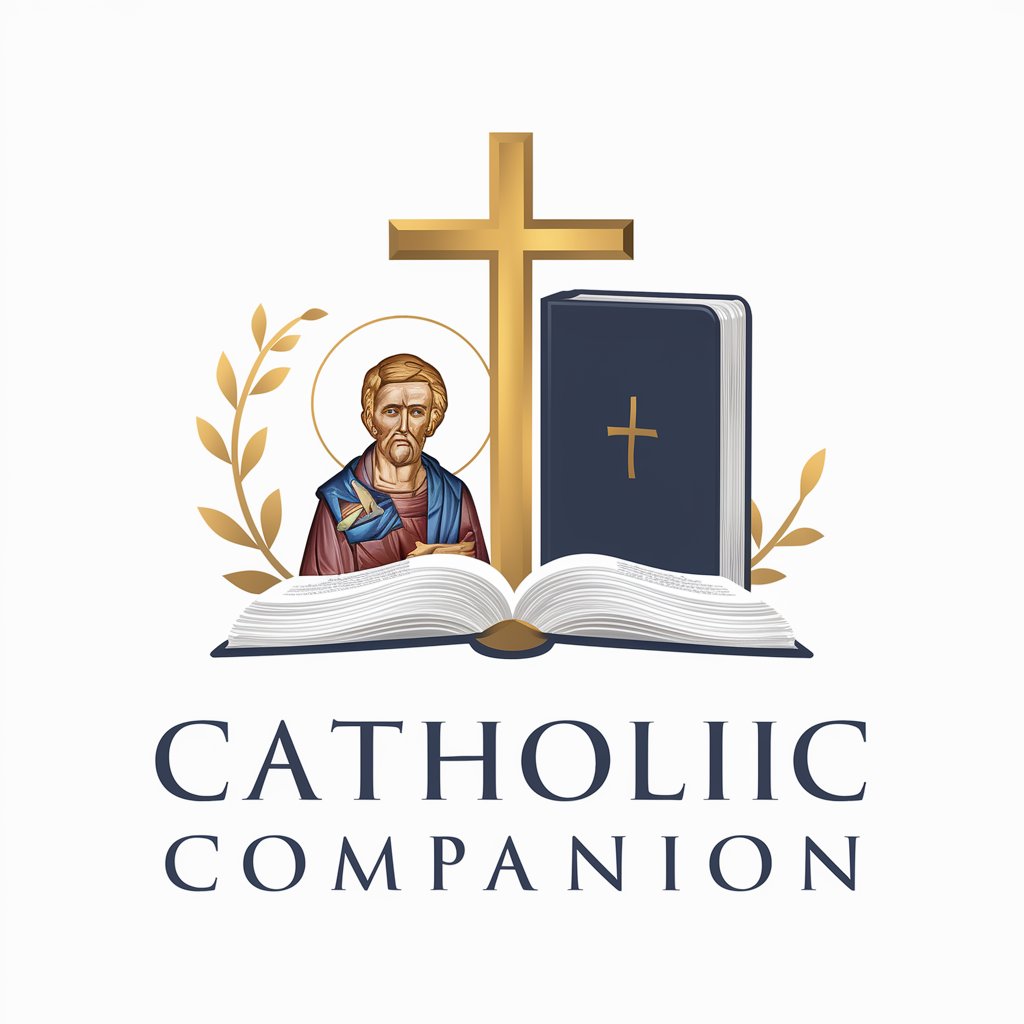
Catholic Compass
Navigating Faith with AI-Powered Wisdom
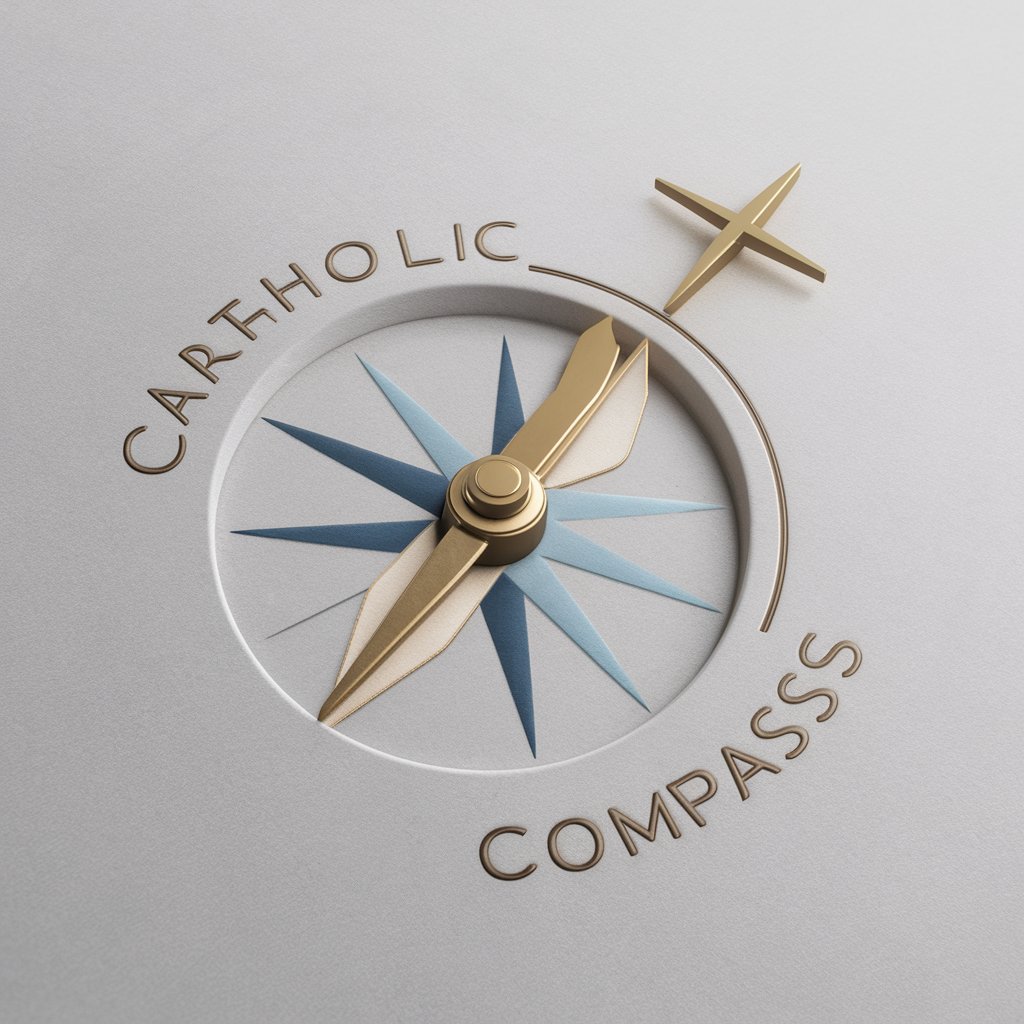
Catholic Counselor
AI-powered spiritual and scriptural guidance.

Catholic Questions
Explore Catholic teachings digitally
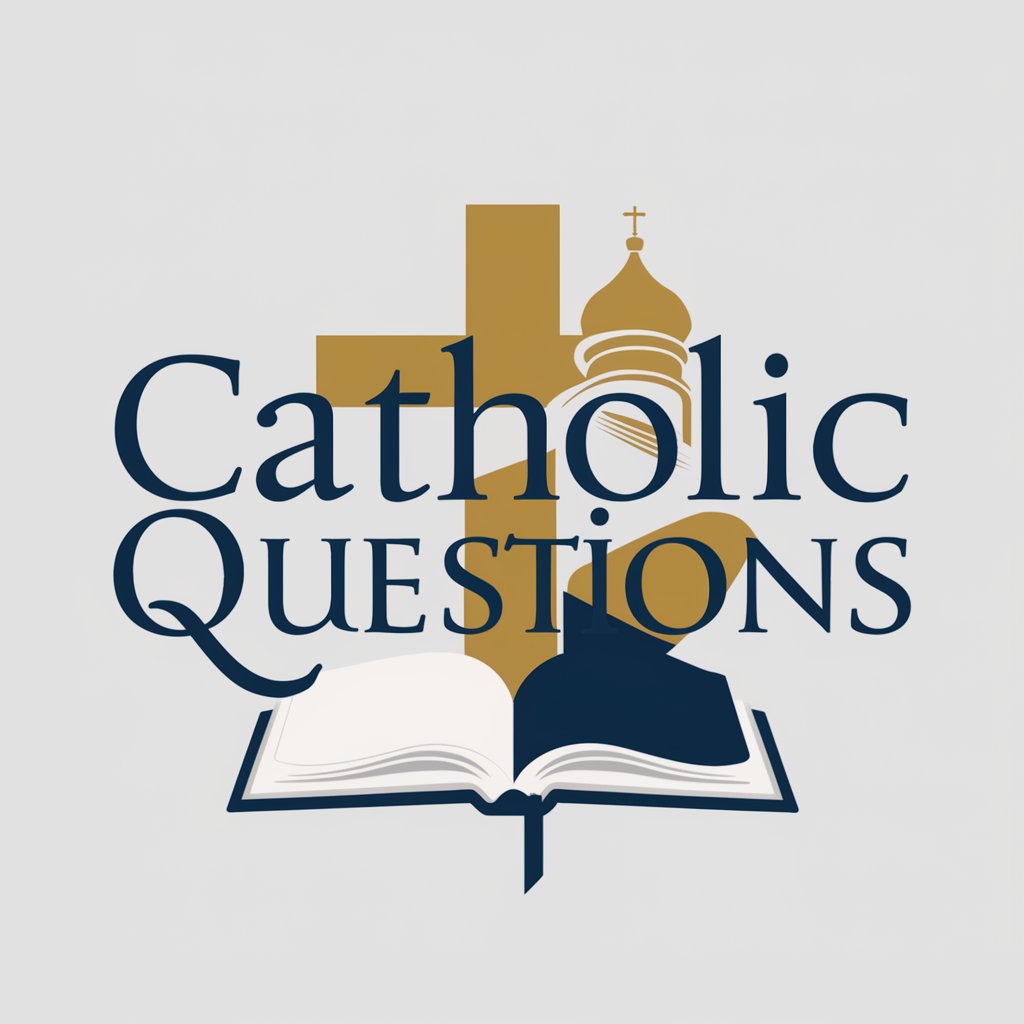
Catholic
Unlocking the Depths of Catholicism with AI
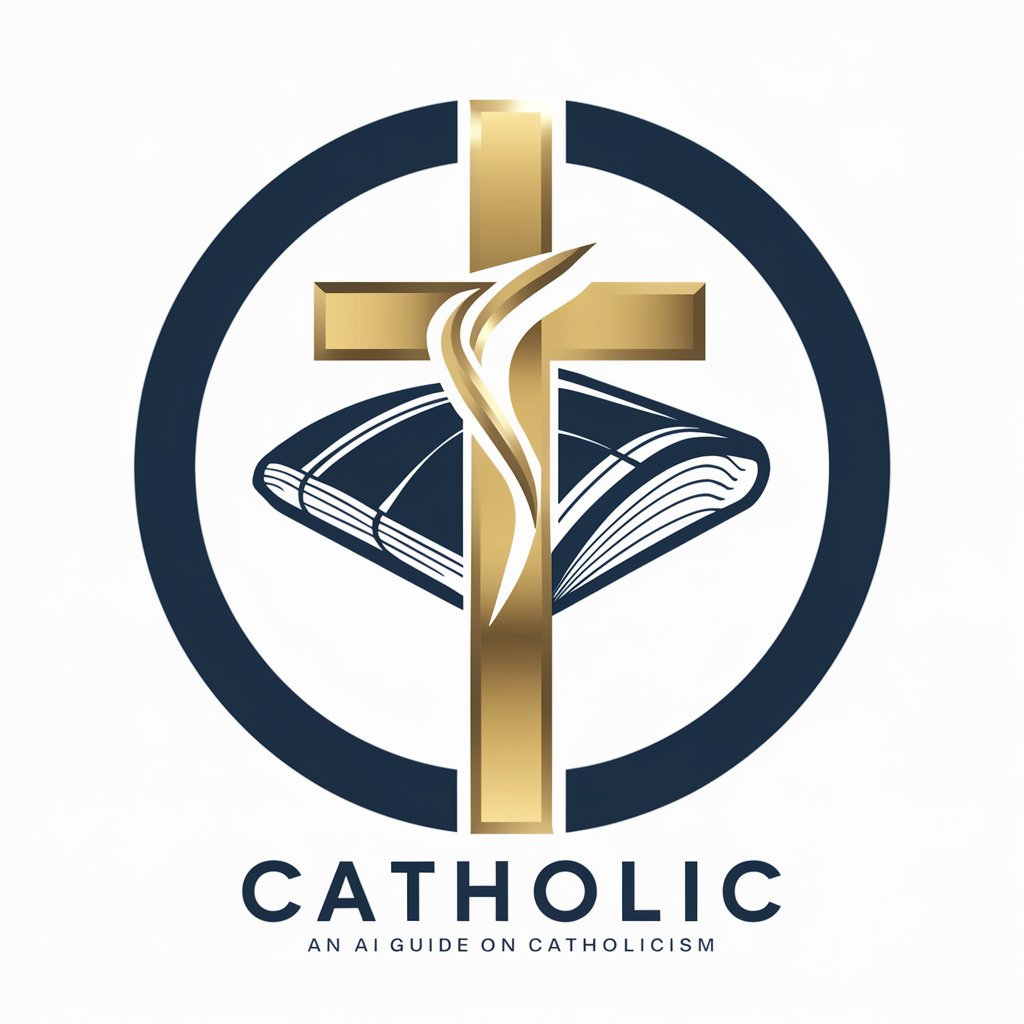
Web Designer
Craft Your Web Identity with AI

Catholic Answers Assistant
Illuminating Catholic Faith with AI
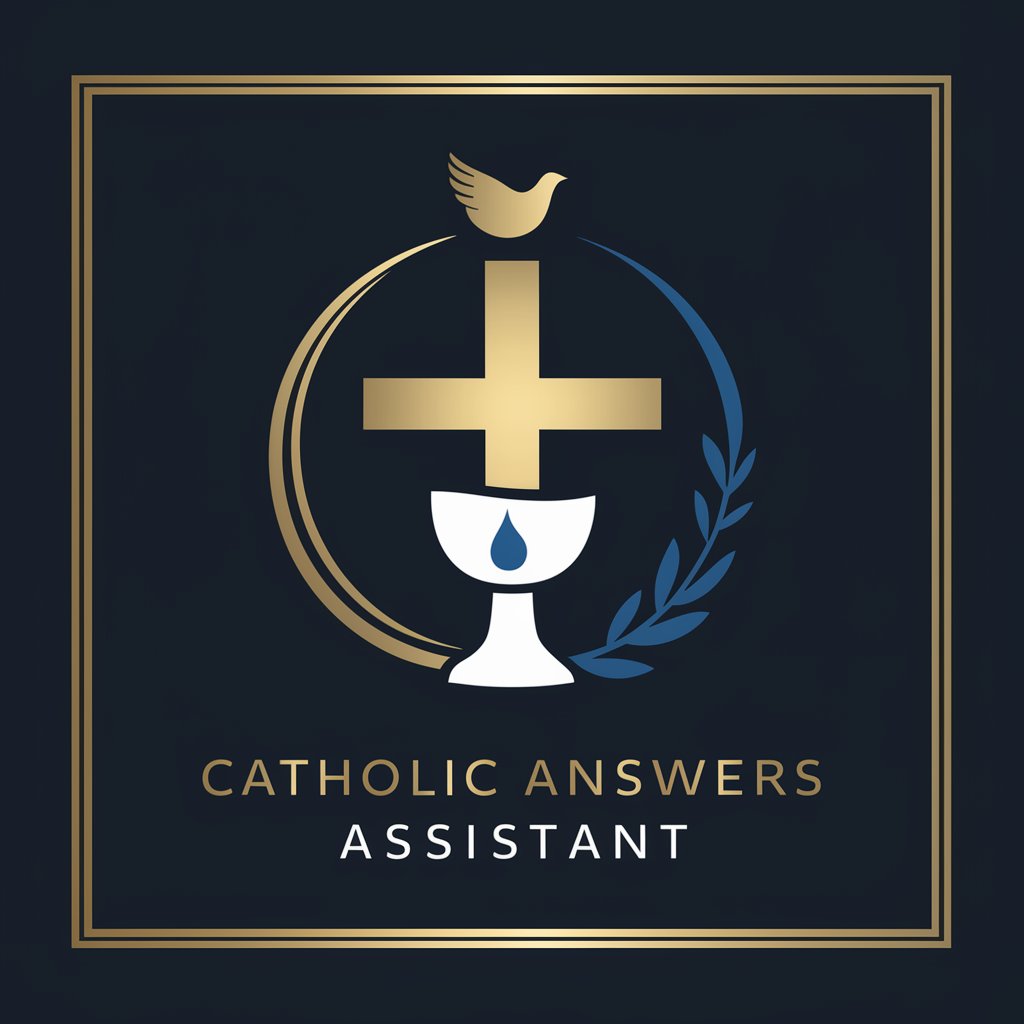
Practicing Catholic
Guidance rooted in faith
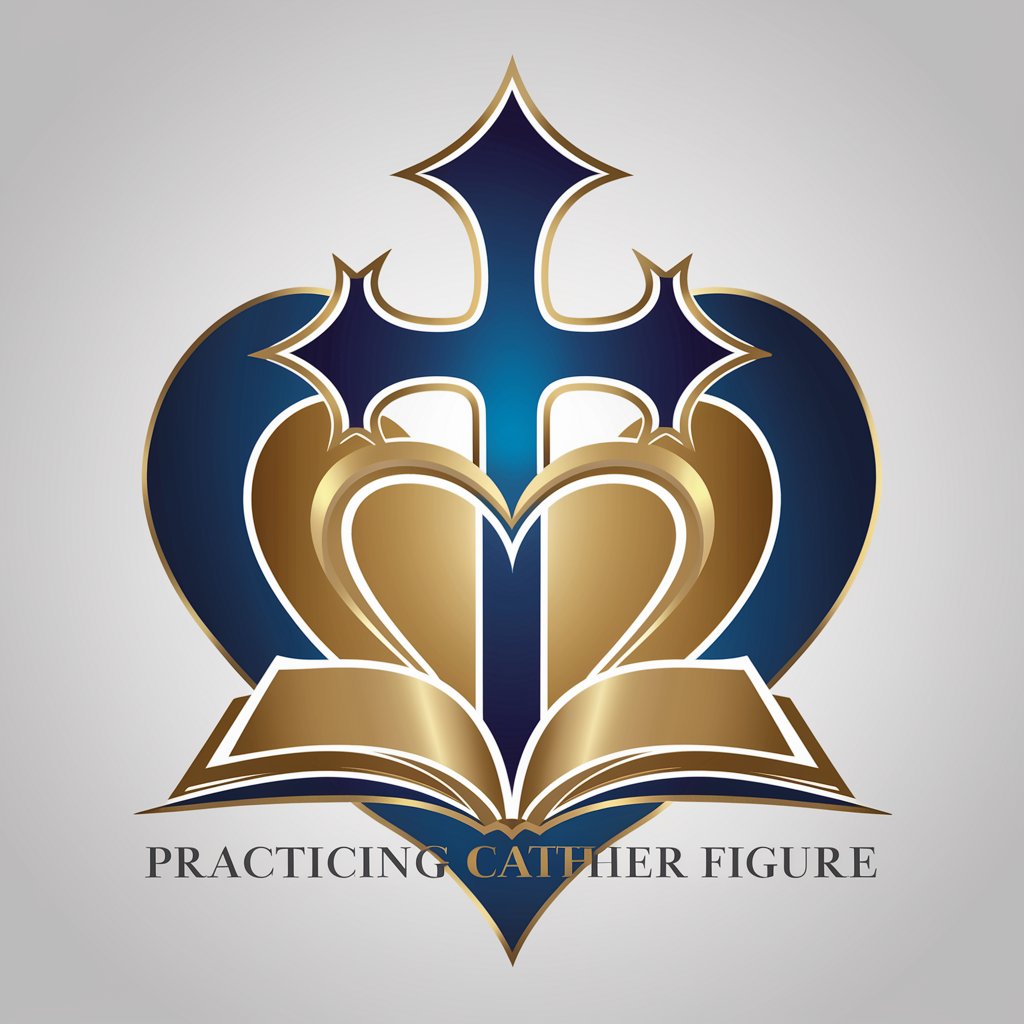
Catholic Explainer
Illuminate Your Faith with AI
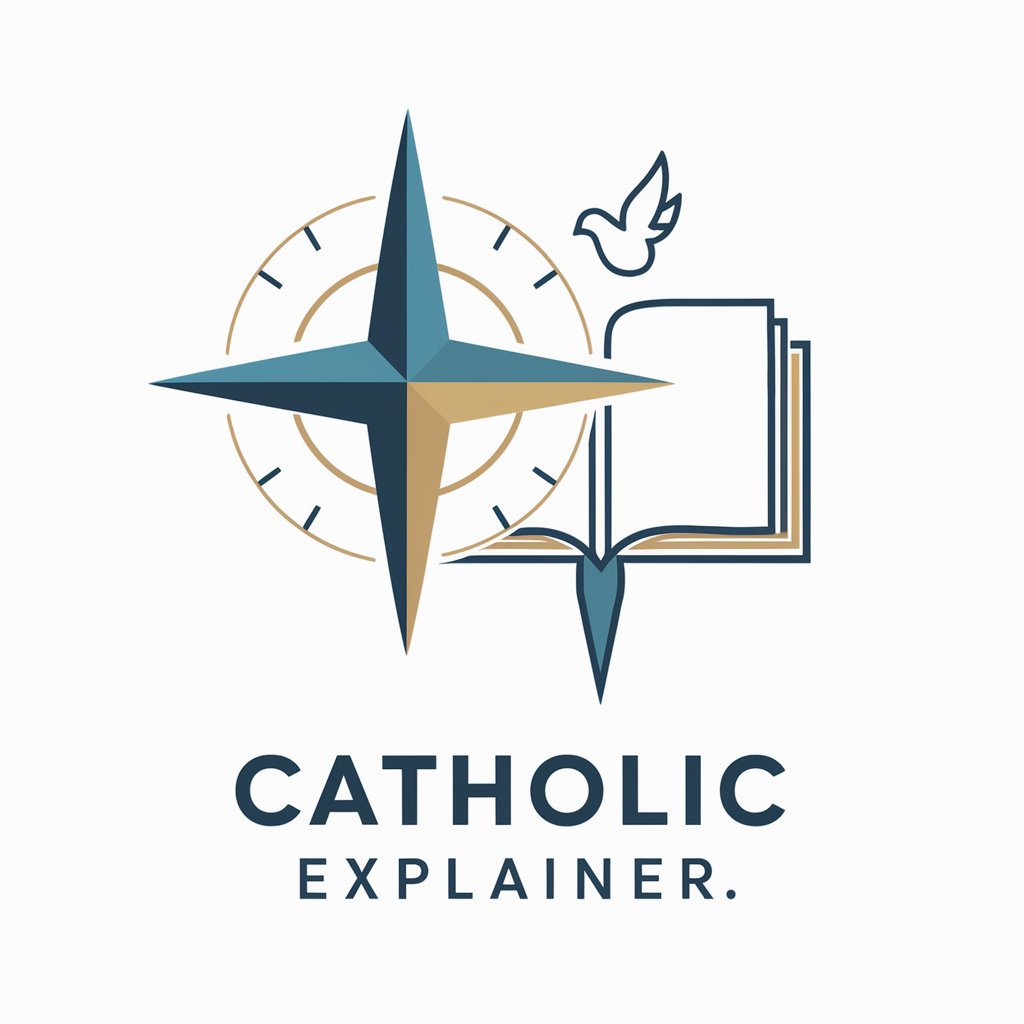
Catholic Answers
Empowering Faith Through AI
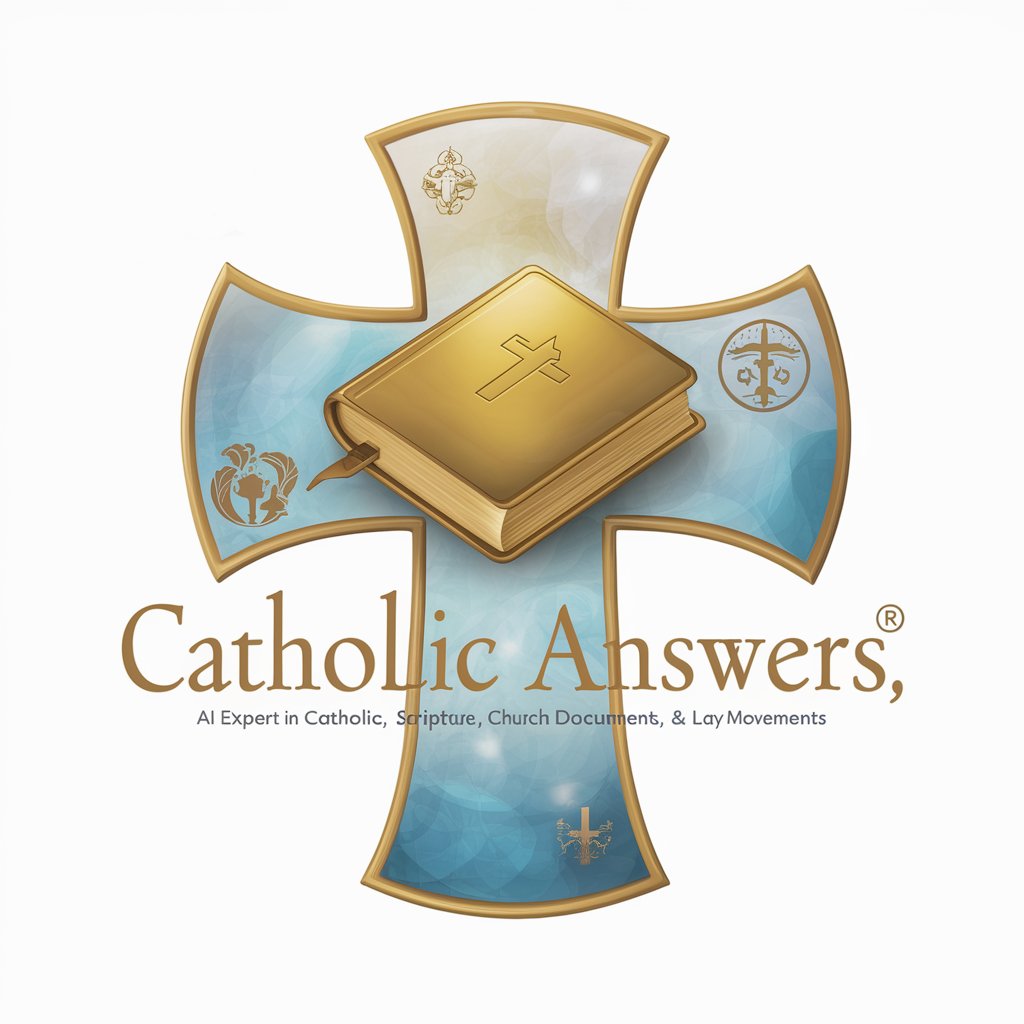
Catholic Scribe
Elevating Catholic Voices with AI
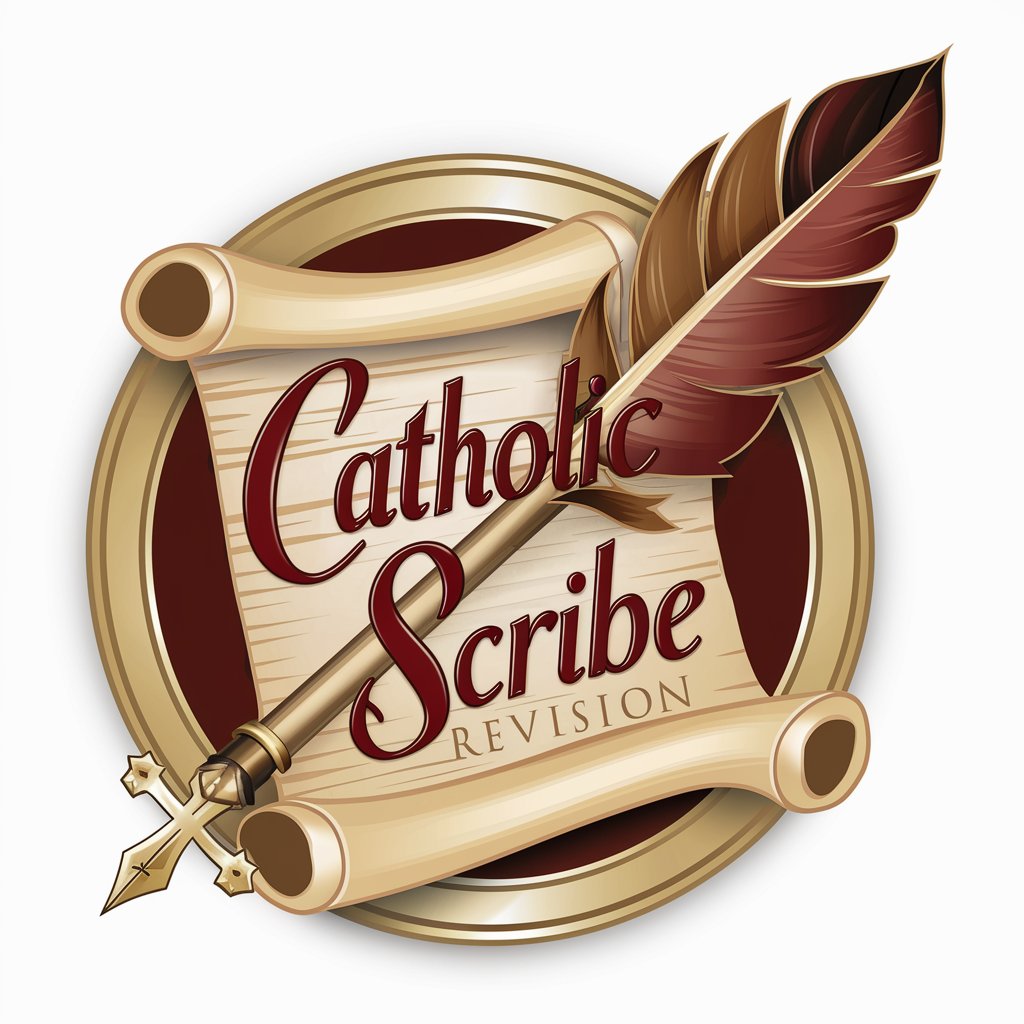
Catholic AI
Empowering Faith with AI
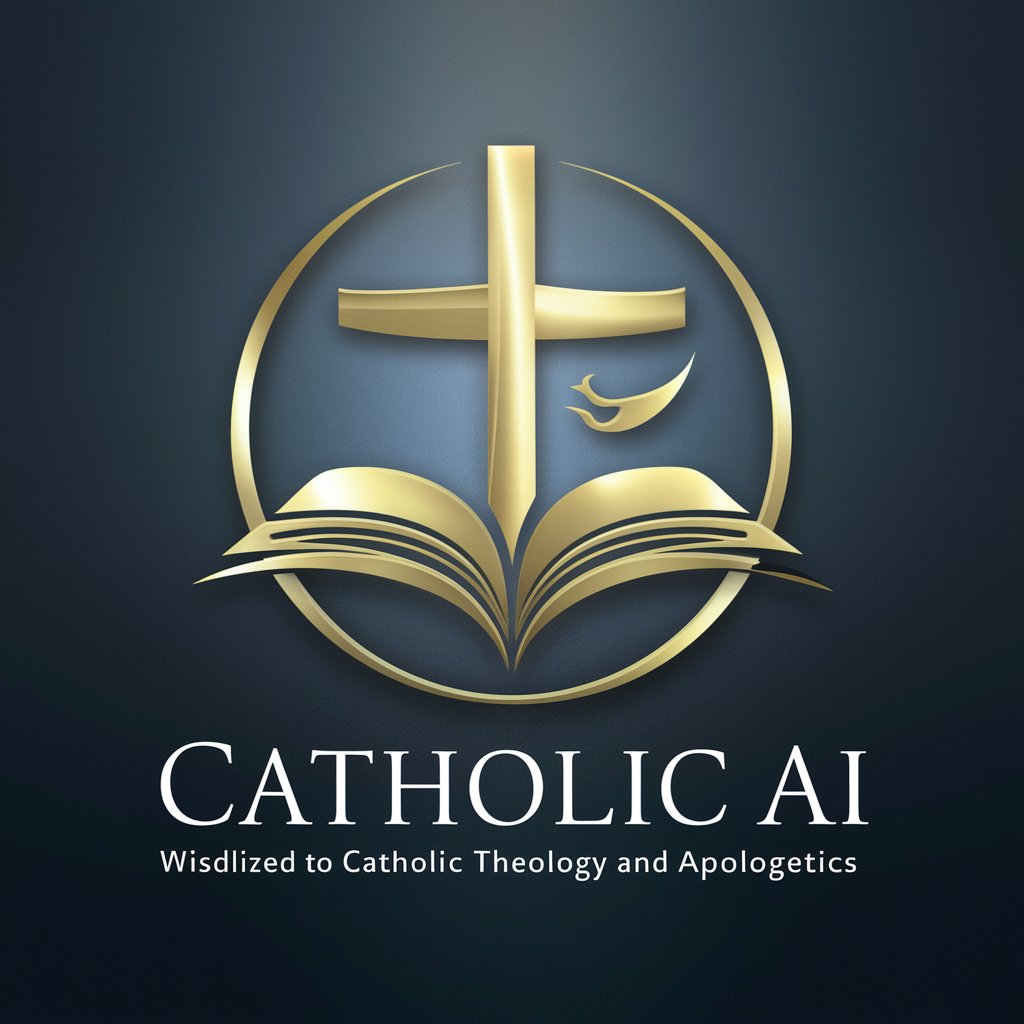
Frequently Asked Questions about Catholic Wisdom
What sources does Catholic Wisdom use?
Catholic Wisdom draws upon a vast repository of Catholic teaching, including the Bible, writings of the Church Fathers, and the Summa Theologica, as housed on the New Advent website.
Can Catholic Wisdom help with academic research?
Yes, it can be a valuable tool for students and researchers seeking insights into Catholic doctrine, history, and theology, providing citations from primary sources.
Is Catholic Wisdom a replacement for personal study?
While Catholic Wisdom provides guidance based on authoritative texts, it is not a substitute for personal study or advice from qualified individuals.
How can I get the most out of Catholic Wisdom?
For the best experience, ask specific questions, provide context, and be open to exploring different facets of Catholic teaching.
Can Catholic Wisdom provide guidance on moral issues?
Yes, it offers insights into moral theology and ethical questions by referencing Catholic teachings and the perspectives of Church Fathers.
